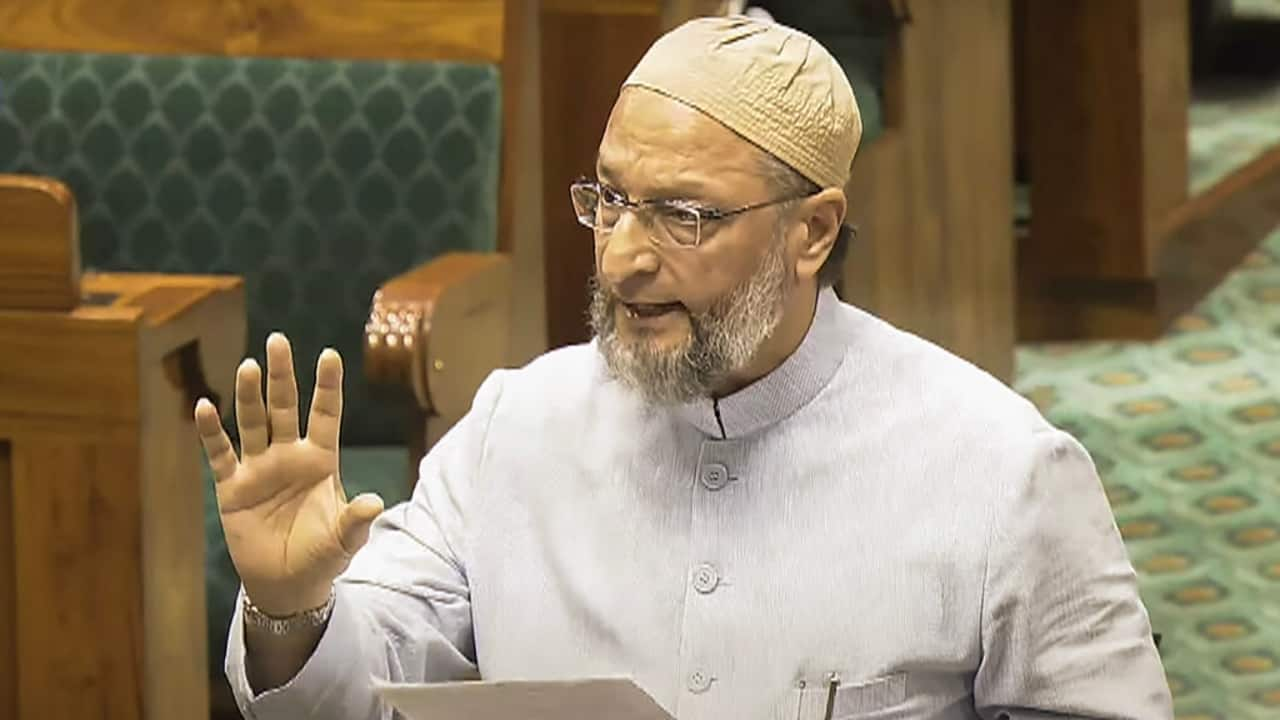 |
|
The recent filing of a civil suit by the Hindu Sena demanding a court-monitored survey of the Ajmer Sharif Dargah has ignited a significant political firestorm in India. The petition, which alleges the existence of a pre-existing Shiva temple on the site now occupied by the revered Sufi shrine, has drawn sharp criticism from All India Majlis-e-Ittehadul Muslimeen (AIMIM) chief Asaduddin Owaisi. Owaisi's strong condemnation highlights the deeply sensitive nature of this issue, which touches upon religious sentiments, historical claims, and the broader political climate in the country. He accuses the Bharatiya Janata Party (BJP) and the Rashtriya Swayamsevak Sangh (RSS) of deliberately stoking religious hatred by targeting mosques and dargahs, framing the ongoing legal challenge as part of a broader pattern of such actions. The assertion that Prime Ministers from Nehru to Modi have traditionally sent chadars (sacred cloths) to the Dargah underscores the long-standing respect the shrine has enjoyed across political divides, further emphasizing Owaisi's point of contention. The act of challenging this longstanding tradition is presented not only as a religious offense, but as an attack on India’s pluralistic identity.
The Hindu Sena's petition, filed in an Ajmer court, rests on historical claims, citing writings by Har Bilas Sarda, a prominent figure during British rule, who reportedly mentioned the existence of a Hindu temple on the site in 1910. The petitioner further claims that even as recently as 50 years ago, a priest performed prayers at the Dargah, and that a Shivling was relocated to the basement. These claims, while presented as evidence, lack extensive scholarly validation. This necessitates a careful examination of the presented historical documentation, as well as a consideration of the methodologies used in assessing the claims of a pre-existing structure. The request for an Archaeological Survey of India (ASI) survey highlights the crux of the matter: the verification of these claims through impartial scientific investigation. However, the political context within which this legal battle is unfolding adds a layer of complexity, raising concerns about the potential for this to become a politicized probe rather than an objective examination of historical evidence.
The Ajmer court's decision to issue notices to the Union Ministry for Minority Affairs, the ASI, and the Ajmer Dargah Committee marks a significant procedural step. The ensuing hearing, scheduled for December 20, will be crucial in determining the future course of action. The response from the Dargah's caretakers, expressing strong opposition and highlighting the Dargah's importance as a symbol of communal harmony, exemplifies the deep-seated concerns of the Muslim community. The argument that such actions are detrimental to national unity and the fabric of Indian society reinforces the broader societal implications of the dispute. The potential impact of this legal case extends beyond the immediate location; similar cases across India, attempting to challenge the existence of places of worship based on historical claims, create a concerning trend. Owaisi’s reference to the Places of Worship Act and his criticism of lower courts' handling of such cases highlight the legal and constitutional aspects of the issue, posing questions about the appropriate frameworks for resolving such disputes.
The current situation necessitates a balanced approach that respects historical accuracy, upholds religious sensitivities, and ensures the upholding of the rule of law. A purely objective examination of the historical evidence, conducted independently of political motives, is crucial to establishing the veracity of the claims. Moreover, a transparent and fair judicial process that considers the perspectives of all stakeholders, as well as the potential ramifications for the broader community, is essential. It is imperative that such legal actions do not lead to further polarization but serve as a forum for a nuanced and comprehensive understanding of the historical and religious aspects of the site. The outcome of this case will likely serve as a precedent for similar disputes throughout the nation, underscoring the necessity of a well-considered and carefully executed response to these sensitive issues.
Beyond the immediate legal ramifications, the case raises fundamental questions about the role of religion in public life, the importance of religious tolerance, and the responsibilities of the state in safeguarding the rights of all its citizens, regardless of their religious affiliations. The potential for such disputes to fuel communal tensions must not be ignored; therefore, a careful and impartial investigation is vital in not only reaching a just decision in this particular case but also in setting a precedent for future similar scenarios. The future course of this issue will significantly impact the ongoing discussion surrounding religious harmony and freedom in India. A carefully negotiated outcome is essential to address the concerns of all involved parties while avoiding further societal division.
Source: Asaduddin Owaisi slams plea seeking Ajmer Sharif dargah survey: 'Even PM Modi sends chadar there'
